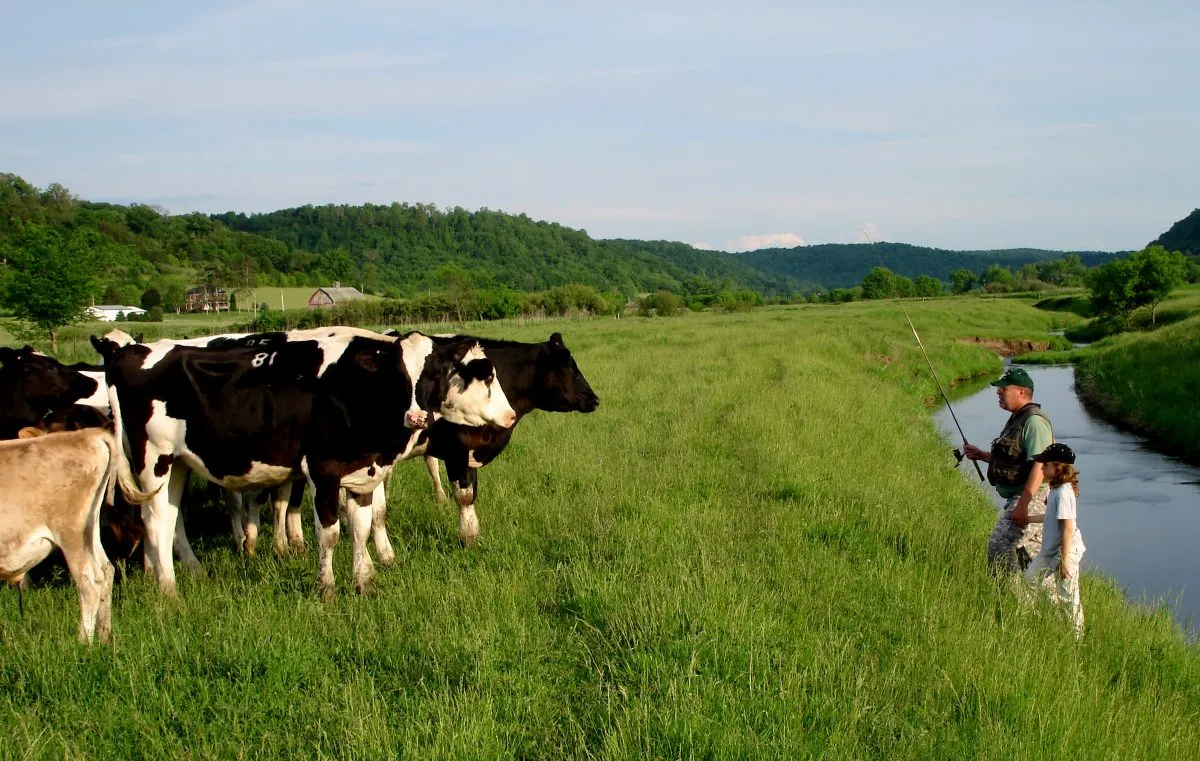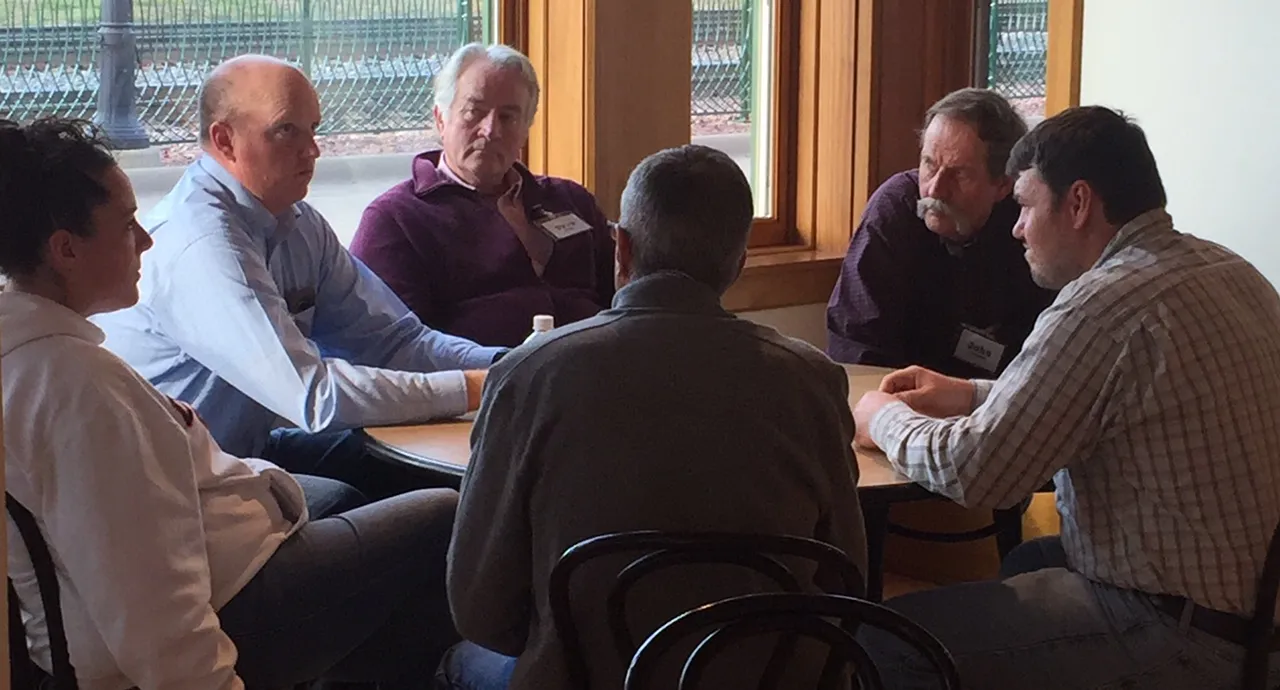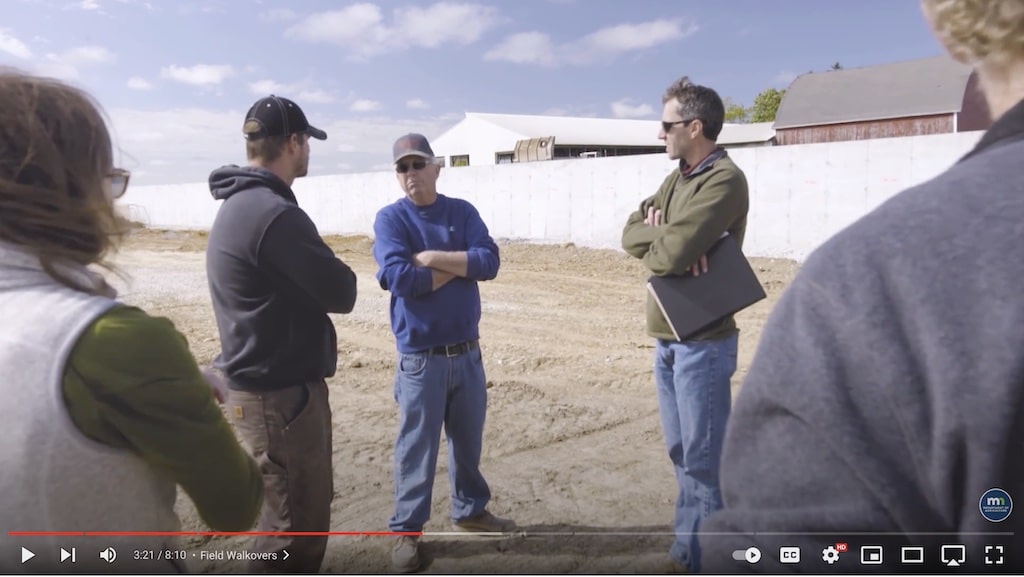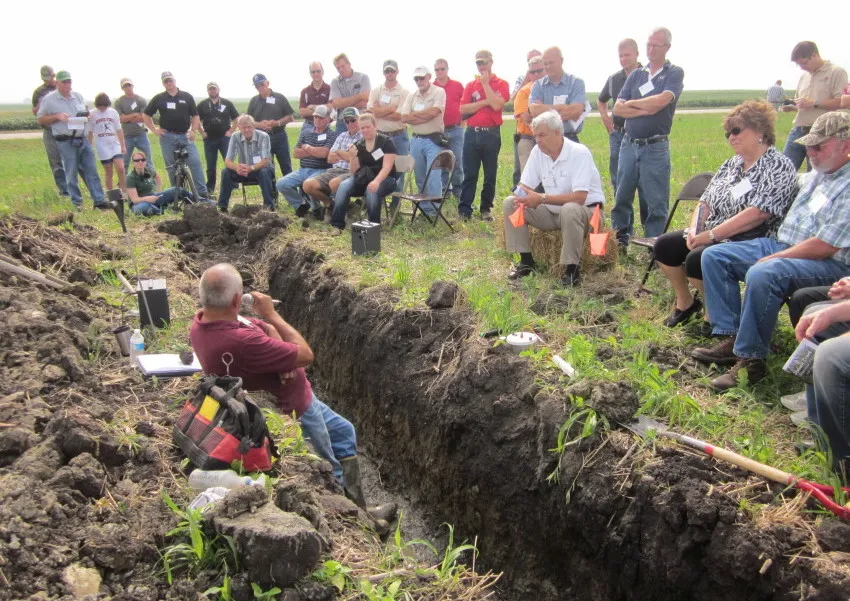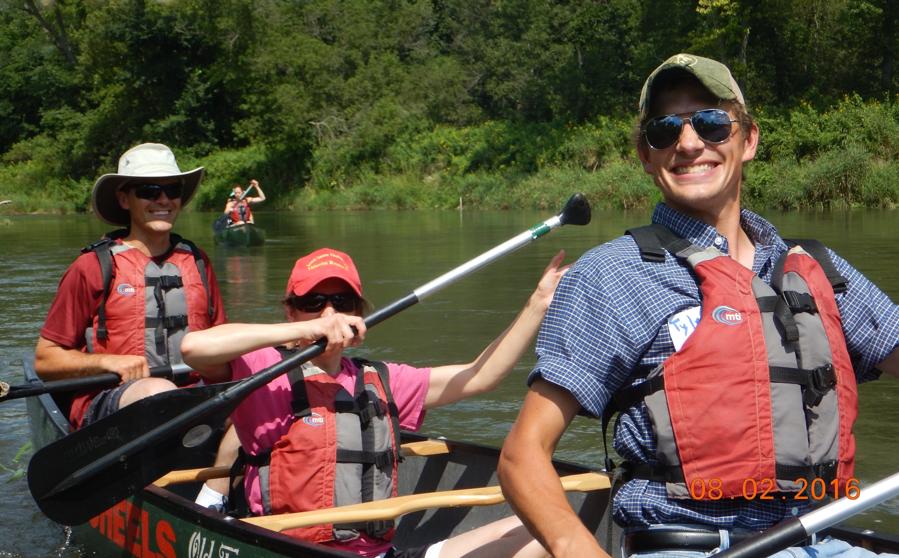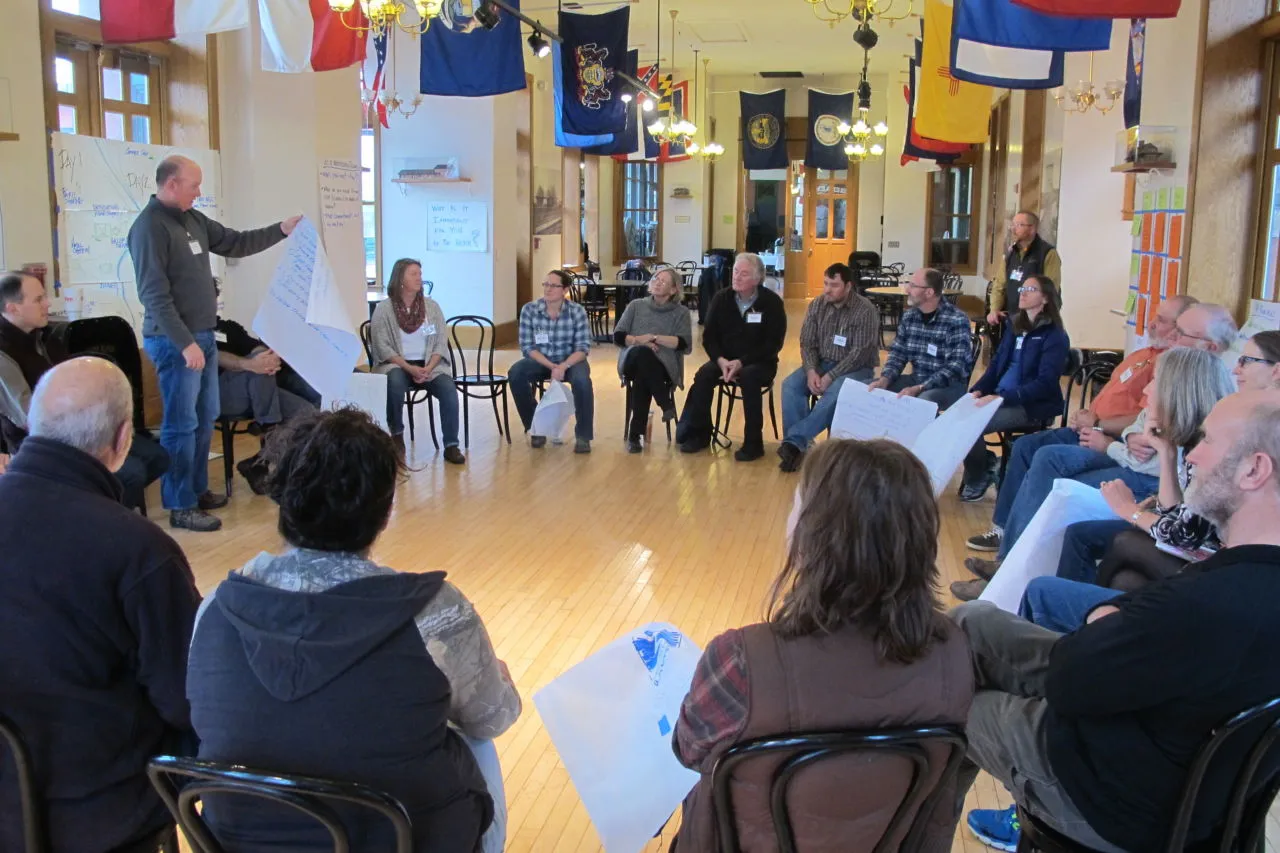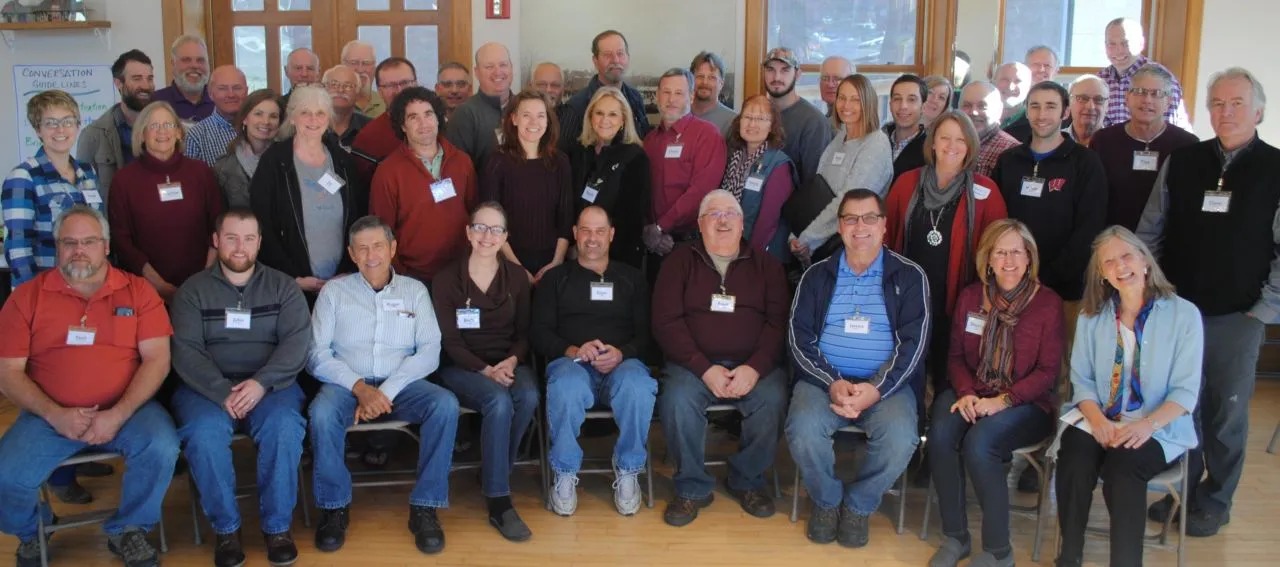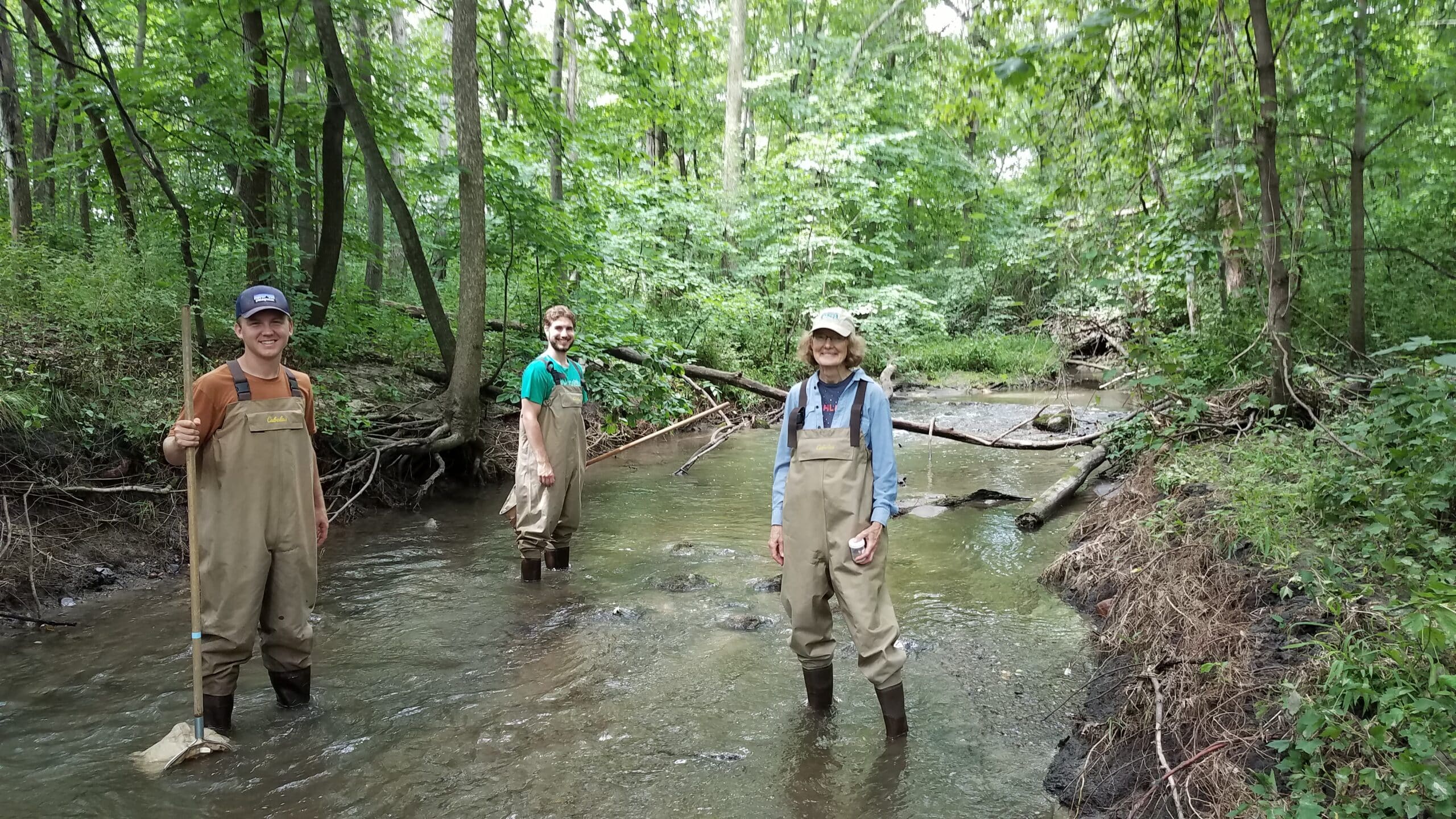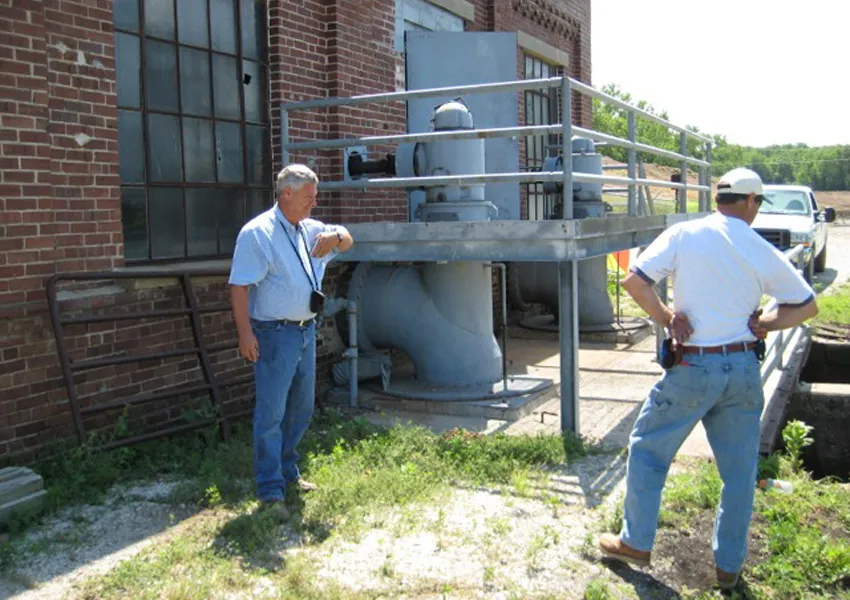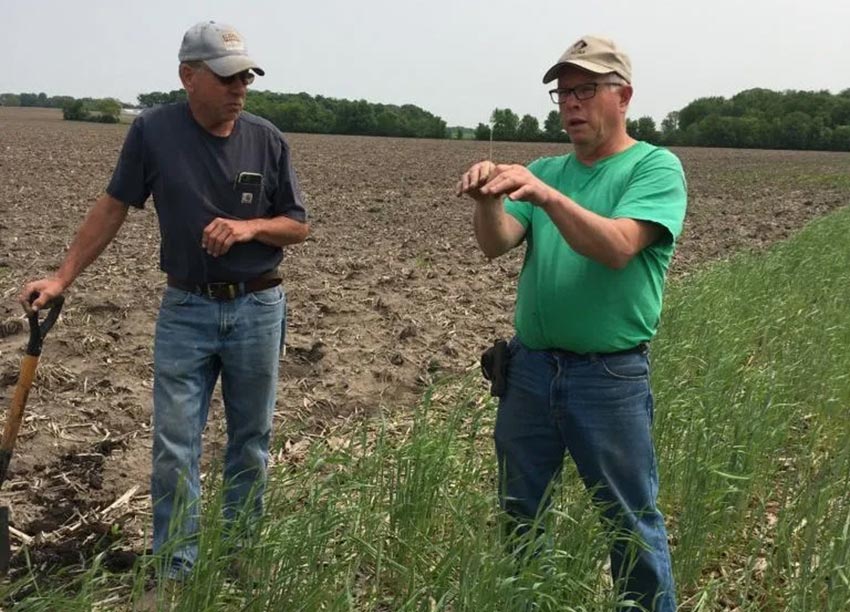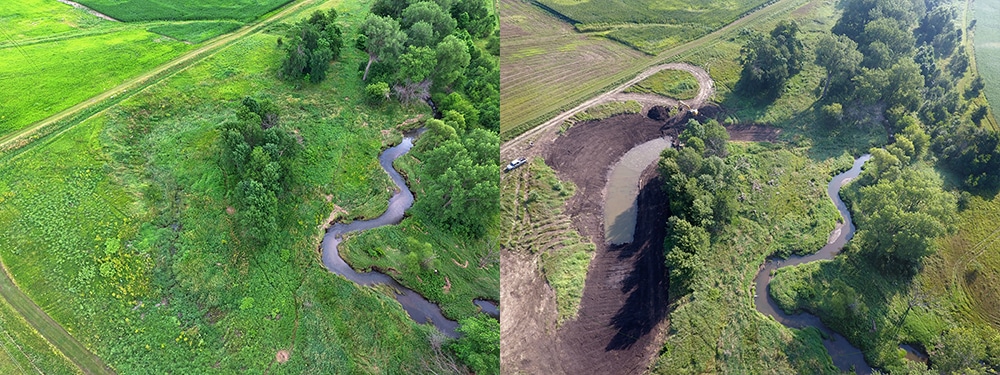Working together locally for farms, streams and economic growth
In southwest Wisconsin, farming practices such as cover crops, contour strips and native grass strips help sustain recreational fishing that generates more than $1 billion annually for the local economy.
Farmers lead for healthier soil and water
At a Watershed Leaders Network workshop, participants ask: How do I farm, protect public waters and get return on my investment? How do I catalyze others to do the same?
Video | Field to Stream Partnership lessons learned
Lessons learned from seven years of monitoring and stories of three farmers are shared in this video, released in 2018.
At Indian Creek, collaboration shifts local norms
Community outreach led by a farmer-driven steering committee in Indian Creek watershed transformed nutrient use and helped bring 50% of basin farmland into conservation practice.
Lanesboro, Minnesota | August 1-3, 2016
Three days of stories, listening and active conversation between Iowa, Illinois, Minnesota, Missouri and Wisconsin farmer-led groups focused their commitment to active work at home and contributed to formation of two new groups.
Dubuque, Iowa | November 28-30, 2016
At the National Mississippi River Museum & Aquarium, farmer-driven soil health and watershed groups learned about each others’ land, crops and conservation delivery systems, social realities and challenges. Then stories, questions, dialogues, listening and local group work helped define next wise steps for work at home.
Dubuque, Iowa | November 28-29, 2017
For two days at the National Mississippi River Museum & Aquarium in Dubuque, Iowa, 60 people connected with peers to share their work for soil health, streams and places they care about. Fourteen farmer-driven watershed groups participated.
Boots on the Ground | Clean River Partners
Meet a watershed coordinator, farmer, two college professors and Rice SWCD staff who are breaking down barriers and working together to keep nutrients and sediment out of Rice Creek.
One Missouri farmer steps up to connect neighbors, agencies, and policy makers
Brent Hoerr, president of Marion County Drainage District for 40 years, experienced a Mississippi River flood first when his family lost their home in 1973. "Floods overload agriculture, transportation and the environment, and we can minimize impact through collaboration."
Dundas farmers improving water quality in Rice Creek
Minnesota’s trout streams are treasured resources offering people outdoor recreation and excitement. Sometimes though, trout streams can have a rough time in farm country. Thanks to the work of 11 farmers in Dundas, Minnesota, water quality in Rice Creek is showing important improvements.
The benefits of restored oxbows
An oxbow is a historic river bend, cut off from the main channel much of the time. Restored oxbows re-establish ecological functions and provide flood storage and habitat to fish, birds, reptiles, and amphibians. They also process nutrients and are affordable.
Corn, cows…and trout
Silver Creek Watershed coordinator Neil Shaffer is achieving his four goals—reduce soil loss, improve water quality, enhance wildlife habitat, and increase net farm income—because of a cascade of cooperation.


